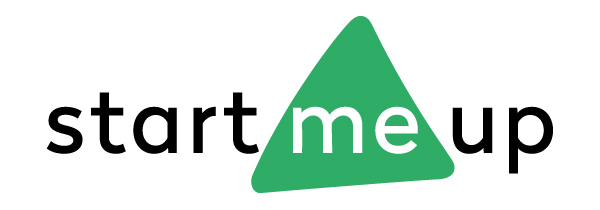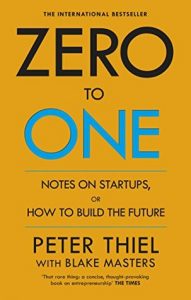As a student I spent too long reading really old books. And while I credit the 17th century French philosophy with helping me question everything, it wasn’t that helpful when it came to making early career and life choices.
So here are several books I wish I’d had the chance to read when I was at uni:
Designing Your Life: Bill Burnett, Dave Evans
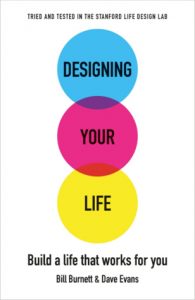 Who here is bored of being asked ‘what do you want to be when you grow up?’
Who here is bored of being asked ‘what do you want to be when you grow up?’
In Designing Your Life, Silicon Valley design innovators Bill Burnett and Dave Evans share their expertise to help you work out what you want – and how to get it. Inspired by design thinking, their phenomenally successful Life Design course has been tried and tested by thousands of people, from students to midcareer professionals to retirees.
“..there isn’t just one solution to your life, and that’s a good thing. There are many designs for your life, all filled with hope for the kind of creative and unfolding reality that makes life worth living into. Your life is not a thing, it’s an experience; the fun comes from designing and enjoying the experience.”
Using lots of real life stories and techniques like reframing, prototyping and mind-mapping, they promise a path forward for those of us who aren’t exactly sure what to do next.
Zero to One: Notes on Startups and How to Build the Future: Peter Thiel (with Blake Masters)
Reading Peter Thiel’s bio is enough to make you feel exhausted. PayPal founder and early Facebook investor, Thiel shares his views on how to build the future in Zero to One.
“Every moment in business happens only once. The next Bill Gates will not build an operating system, the next Larry Page won’t make a search engine and the next Mark Zuckerberg won’t create a social network. If you’re copying these guys you aren’t learning from them.”
Often being a successful entrepreneur is about seeing something that no-one else sees (and being mad enough to devote your life to making it happen).Thiel asks readers to ask themselves, “what secret company is no-one else building?”
Not only is this book insightful, but it’s unusually concise for a business book.
Drive: the Surprising Truth About What Motivates Us (Daniel H Pink)
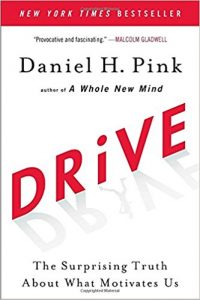 On the subject of being fanatical enough to build a business, Pink asks “what drives us to succeed?”
On the subject of being fanatical enough to build a business, Pink asks “what drives us to succeed?”
This author mixes anecdotes and insights to explore what motivates people. Learn to improve your own motivation — and that of fellow employees and (potential) customers.
Drive asserts that using a system of rewards and punishments to bring control and motivation into the workplace is old fashioned and not the most successful way to govern employees. Pink argues for autonomy, mastery and purpose, saying they’ll bring about the desired results in improved enjoyment in the workplace, and productivity within today’s business environment.
We’re all going to be working a long time. So we may as well find out what will motivates us to do our best work.
Irresistible: The Rise of Addictive Technology and the Business of Keeping Us Hooked (Adam Alter)
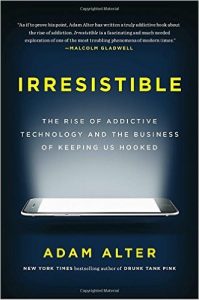 If you’re reading this on your phone (and it’s the 200th time you’ve checked your phone today) then maybe you should read this. Some of you will already be familiar with the attention economy – the notion that in today’s information-flooded world the scarcest resource is people’s attention. Well in this book, the author Adam Alter explains how we got here.
If you’re reading this on your phone (and it’s the 200th time you’ve checked your phone today) then maybe you should read this. Some of you will already be familiar with the attention economy – the notion that in today’s information-flooded world the scarcest resource is people’s attention. Well in this book, the author Adam Alter explains how we got here.
Recent studies suggest the most compulsive behaviour we engage in has to do with cyber connectivity; 40% of us have some sort of internet-based addiction – whether it’s checking your email (on average workers check it 36 times an hour), mindlessly scrolling on Instagram or gambling online.
In 2000, Microsoft Canada declared the average human attention span was 12 seconds. By 2013, the average human attention span was down to eight seconds, making most humans compare unfavorably even to goldfish (they can go nine seconds apparently).
If you’re looking to beat your device addiction in 2018 this might be the inspiration you need.
